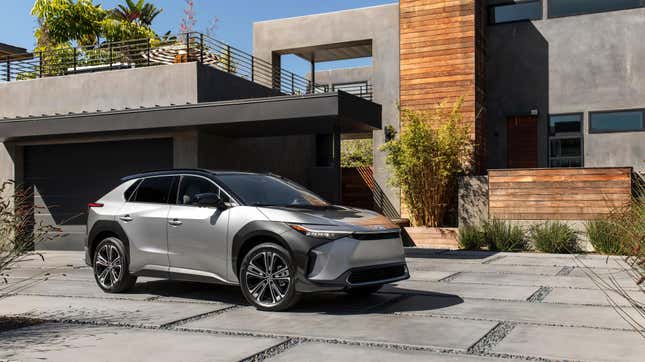
Toyota is pushing back against California stringent EV mandates, some of which start to kick in in less than two years. The Japanese automaker thinks that some of the mandates can’t be met, so it wants for California officials to change them.
As CNBC reports, California’s Air Resources Board (CARB) has its Advanced Clean Cars II regulations going into effect for 2026 model year vehicles, calling for “35 percent of 2026 model-year vehicles, which will begin to be introduced next year, to be zero-emission vehicles, or ZEV.” Under these regulations, alternative energy vehicles like plug-in hybrids, fully electric vehicle and hydrogen fuel-cells fall under these regulations, so an automaker doesn’t just have to produce EVs to meet these standards. This has proved to be a problem for Toyota, as chief operating officer Jack Hollis detailed to CNBC:
“I have not seen a forecast by anyone … government or private, anywhere that has told us that that number is achievable. At this point, it looks impossible,” Jack Hollis, chief operating officer of Toyota Motor North America, said during a virtual media roundtable Friday. “Demand isn’t there. It’s going to limit a customer’s choice of the vehicles they want.”
Hollis, and by extension Toyota, is calling for a change to the rules. He says that left unchanged, the automotive industry will face “unnatural acts;” automakers would be making EVs for the dozen states that have agreed to follow CARB’s rules. Save for the bZ4X, there are no other EVs in the Toyota lineup, though the brand’s offerings are very hybrid-heavy, and it offers a handful of PHEVs that should help with the CARB regulations.
Says Hollis, his hope is that California and CARB will come up with something that can actually be achieved with regulations that every state in the union can adopt. “Our hope would be is that California and [the Environmental Protection Agency] would match up, and it would be reduced down to something that is achievable. Even if it’s a push, even if it’s a reach, but at this point, it’s an impossible stage,” he told CNBC.


